|
From The Happiest Choice
A low level of vitamin D is often associated with seasonal affective disorder (SAD). SAD is a form of depression caused when a person does not get enough vitamin D, often during the winter months. A person can become vitamin D deficient any time of the year by not getting outside enough, or by wearing too much sunscreen or clothing. Skin color also affects the body’s uptake of vitamin D with lighter skinned people absorbing more. The Office of Dietary Supplements recommends exposure to the outside for 5-30 minutes at least twice per week to absorb enough of the nutrient when sunlight is available, and for people with darker skin to supplement when there is little sunlight (Dietary). Vitamin D does store up in the body, so it is possible with enough fall, spring, and summer sun exposure to last through a cloudy or shut-in winter, but more than likely you will have to supplement. The skin synthesizes vitamin D when struck with UVB rays from the sun (Holick). However, UVB rays only penetrate the atmosphere when the sun is at certain angles. In places with a latitude above 37 degrees, UVB rays normally do not reach Earth's surface during the winter months. Even during the summertime, UVB rays only pass through between the hours of 10:00 AM and 3:00 PM, so be sure to expose yourself to the sun during these times. Vitamin D is actually a hormone that exists in two forms, D2 and D3 (Crowther). In food D2 comes from plants like sunflower seeds, leafy greens, avocados, and carrots, and D3 comes from animal sources like mackerel, herring, salmon, liver, and lanolin (sheep’s wool oil is often used as a D3 supplement). D3 is the same molecule synthesized when skin is exposed to sunlight. Because D2 must become D3 in the body, D2 is only utilized one-third as well as D3 (Laura). To supplement, you can buy liquid drops, pills, or get a shot. Consuming fish oil is another option and includes the antidepressant omega-3 fatty acid. ---------------------------------- Bibliography: Crowther, Penny. "Vitamin D: Why We Need More Of The Sunshine Vitamin." Positive Health 167 (2010): 1. Alt HealthWatch. Web. 20 Feb. 2012. "Dietary Supplement Fact Sheet: Vitamin D." Office of Dietary Supplements. National Institutes of Health. USA.gov. No date. Web. 15 Jul 2012. Holick, Michael F. "Sunlight and vitamin D for bone health and prevention of autoimmune diseases, cancers, and cardiovascular disease." The American Journal of Clinical Nutrition 80.6 (Dec. 2004): 1678S-1688S. Web. 7 September 2013. Laura A. G. Armas, et al. “Vitamin D2 Is Much Less Effective than Vitamin D3 in Humans.” The Journal of Clinical Endocrinology & Metabolism Vol. 89 Number 11 (Nov. 2004) 5387-5391. doi: 10.1210/jc.2004-0360. Web. 22 Jul. 2012. ***Medical Disclaimer*** I am not a medical professional and none if this is meant to be medical advice. While I try my best to maintain credibility in the research I do, there is always room for error. Do your own research and check in with your doctor!
0 Comments
|
About Me
Hi! My name is Sage Liskey, the founder of the Rad Cat Press. I grew up seeing a lot of the disturbing, toxic, and unhealthy sides of American culture, and I wanted to do something to change it. Since 2010 I have been writing books and zines (booklets) focused around uplifting lives and reimagining society, with a primary focus in mental health and empowerment. I believe a better world is possible, so I hope you feel inspired and a little more fulfilled from what you find here. Read on about my mission.
Subscribe to my Patreon here for lots of great perks including e-books of all my work, discounts, member's-only content, access to my digital library, and much more!
My Books and Zines
Instagram
Upcoming Events
Categories
All
Archives
August 2023
|
|
© 2022 -- Sage Liskey. All rights reserved
RadCatPress@Gmail.com |
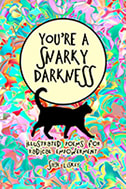
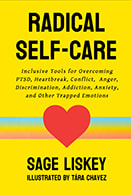
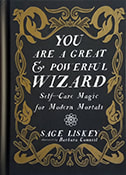


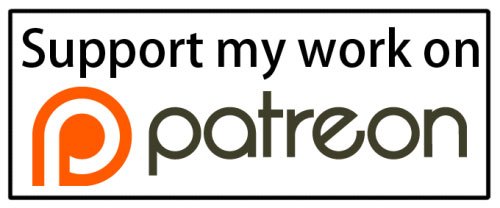

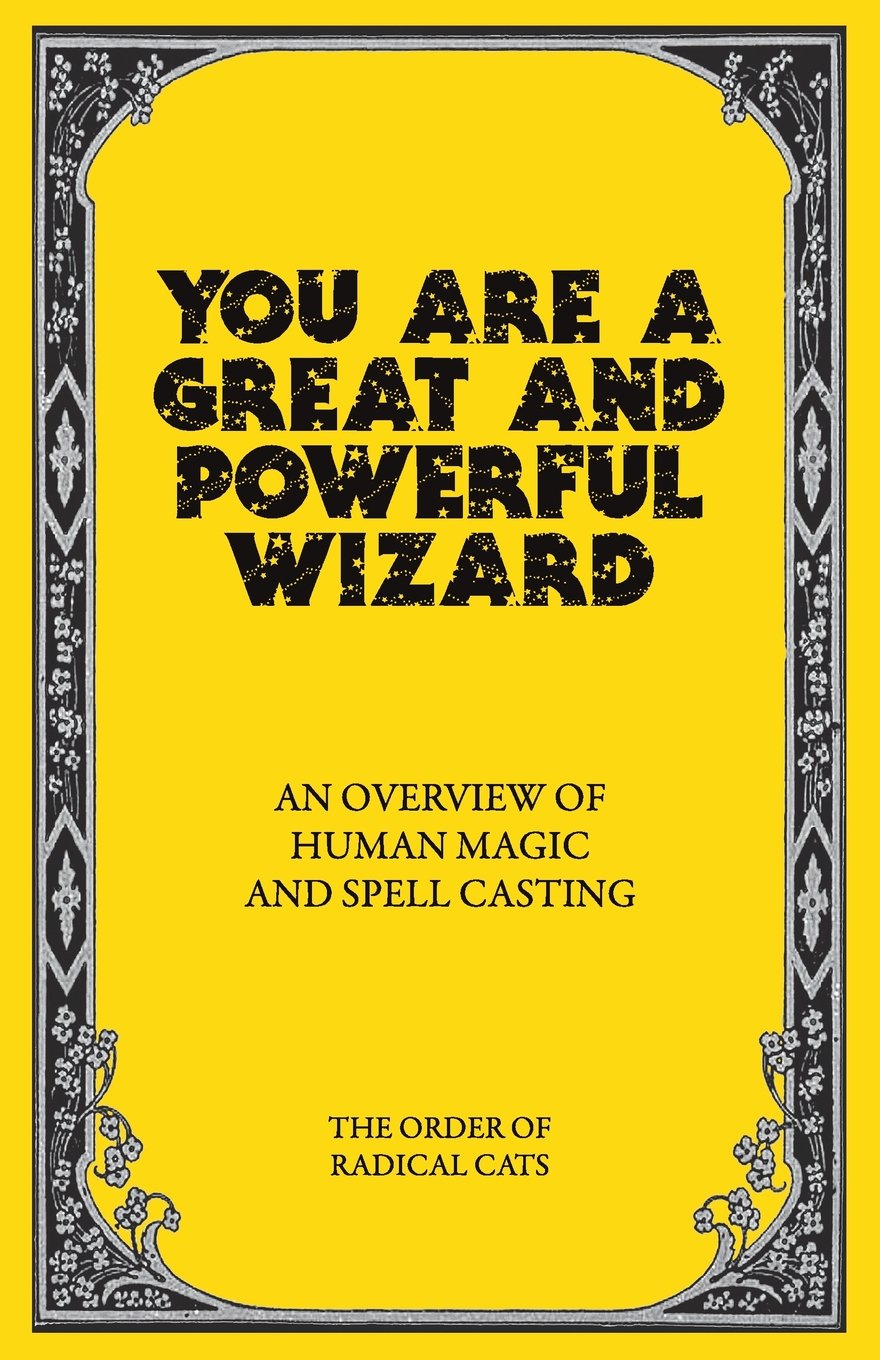
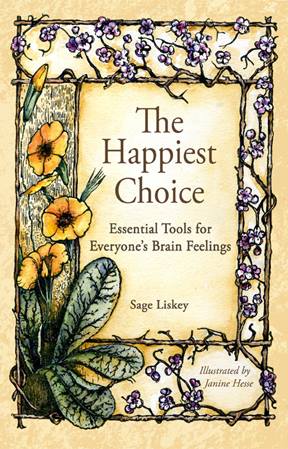

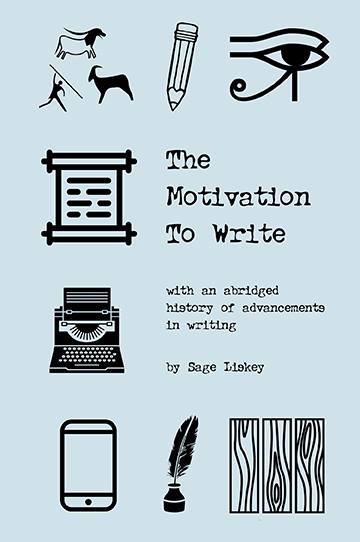
 RSS Feed
RSS Feed